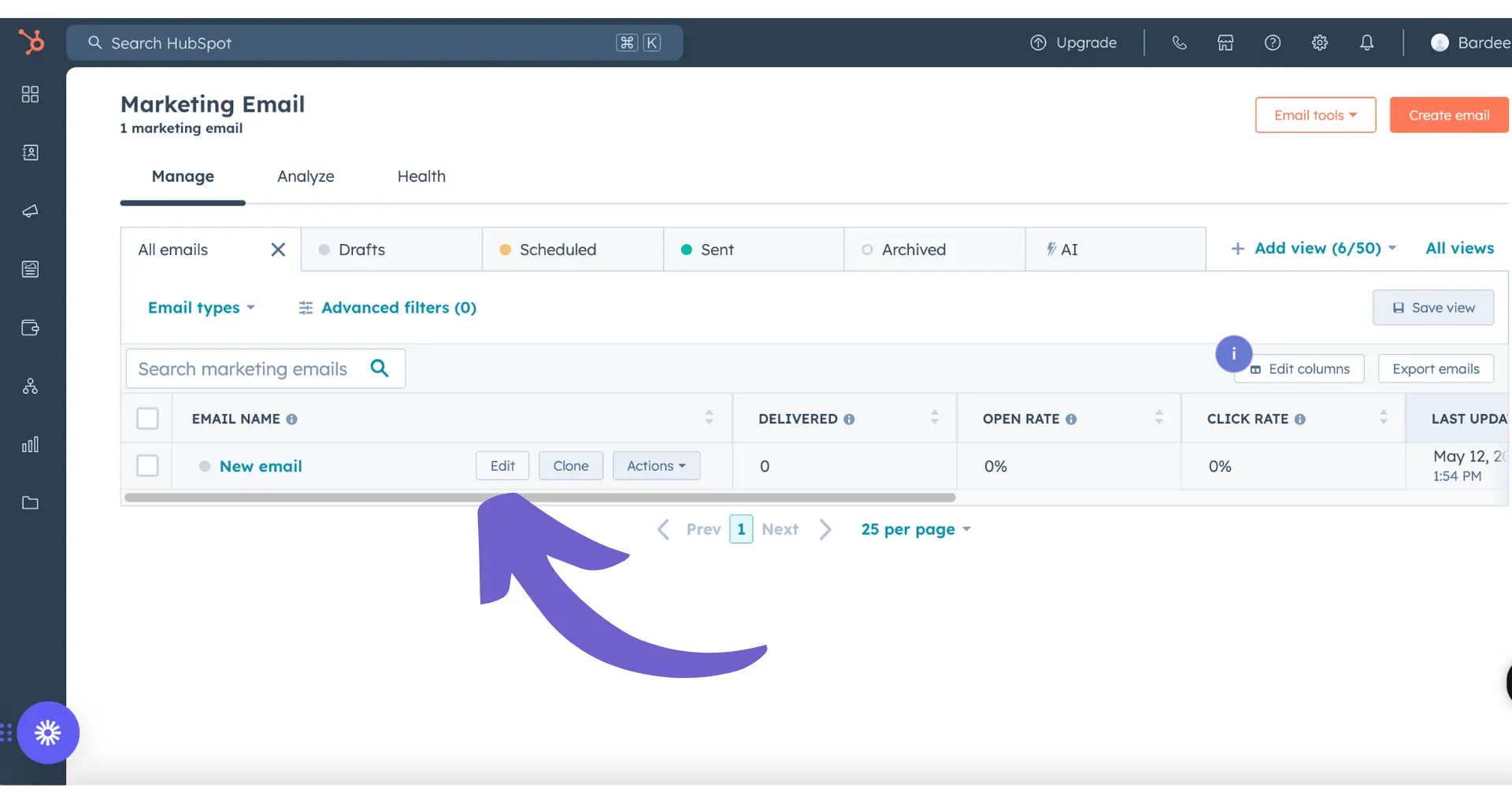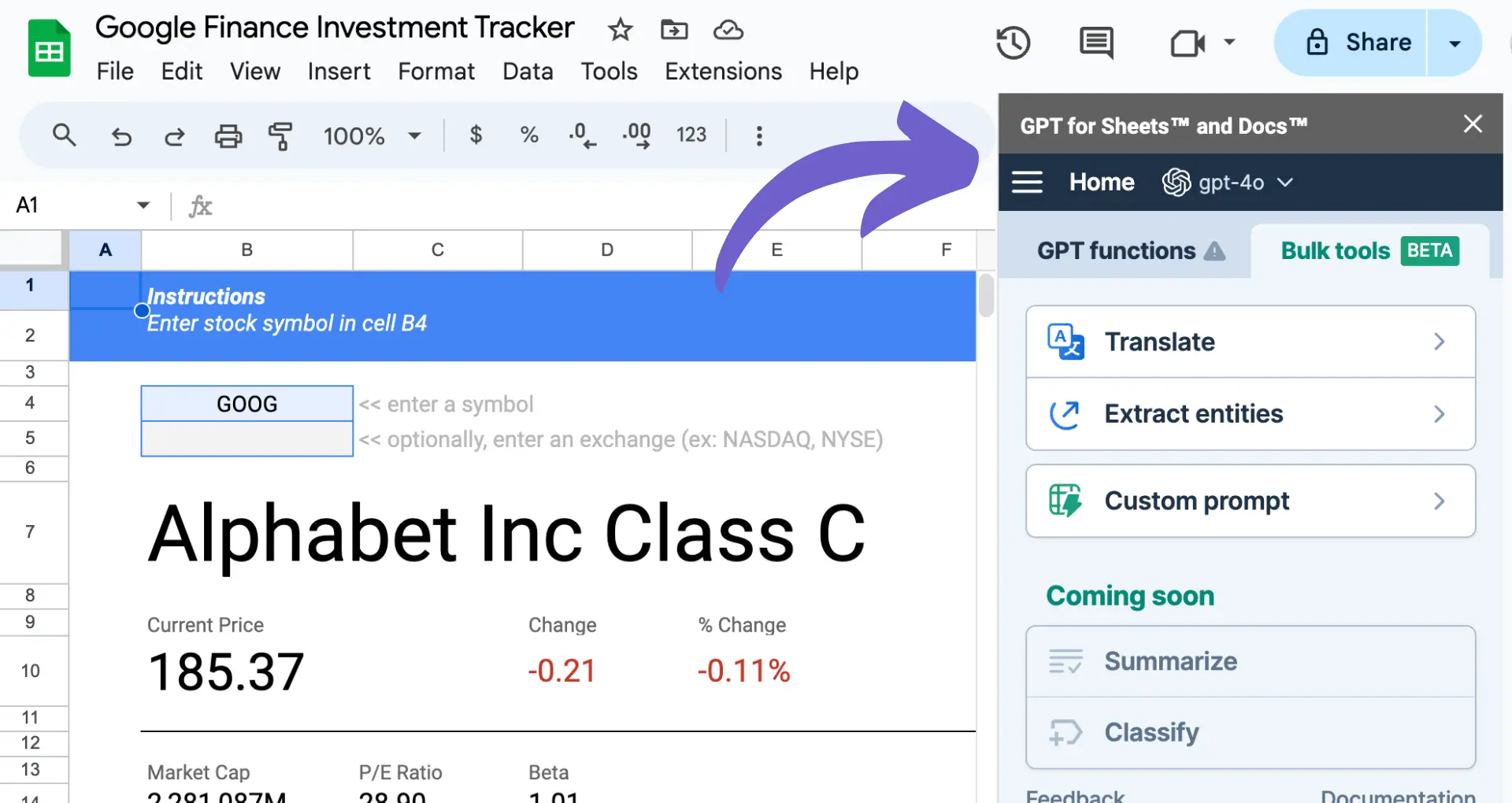





Sales analysts play a crucial role in driving business growth by uncovering insights from sales data. In this comprehensive guide, we'll dive into the key responsibilities of a sales analyst and explore how they contribute to organizational success.
You'll learn about the core functions of the role, the skills needed to excel, and what a typical day looks like. We'll also discuss career progression opportunities and how AI tools can streamline repetitive tasks. By the end, you'll have a clear understanding of what it takes to thrive as a sales analyst and drive data-driven decision-making. Let's get started!
A sales analyst plays a crucial role in helping a company increase sales and revenue. They accomplish this by:
A sales analyst's core function is to thoroughly examine sales data, looking for patterns, trends, and areas for improvement. They use various tools and techniques to analyze monthly, quarterly, and annual sales reports. This analysis helps uncover valuable insights into what's working well and where there are opportunities to optimize sales performance. Sales intelligence can be crucial in this process.
For example, a sales analyst might notice that certain products are consistently top-sellers each quarter. They would highlight this trend to leadership so the company can investigate what makes those products successful and try to replicate it for other offerings.
Another key responsibility is creating data-driven sales projections. Sales analysts use their understanding of historical performance, market trends, and other factors to predict future sales. These forecasts are essential for guiding the company's overall strategy.
Leadership relies on accurate sales forecasts to make critical decisions about budgets, hiring, product development, and more. If a sales analyst projects that revenue will increase 15% next quarter, executives may decide to expand the sales team to keep up with demand.
Analyzing data is only half the job - a sales analyst must also be an effective communicator. They are responsible for translating complex data into clear, actionable insights for sales leaders and executives.
Sales analysts regularly create reports and presentations to share their findings with key stakeholders. This requires distilling data down to the most critical points and explaining it in a way that non-technical colleagues can understand. Strong communication helps ensure that leadership can use the analyst's insights to drive real improvements. Discover more about sales discovery questions to enhance communication.
In addition to identifying trends and creating forecasts, sales analysts are also expected to offer data-backed suggestions for optimizing sales. They work closely with sales teams to provide strategic recommendations.
For instance, an analyst might suggest adjusting sales territories based on data showing untapped opportunities in certain regions. Or they may recommend revamping the sales compensation plan if analysis reveals it is not effectively motivating reps. Sales teams rely on analysts' expertise to help them continuously improve performance. Learn more about lead enrichment to streamline your efforts.
In summary, a sales analyst's job centers on analyzing data, identifying trends, creating forecasts, and providing strategic recommendations - all with the ultimate goal of driving more sales and revenue for their company.
Next up, we'll explore the essential skills a sales analyst needs to thrive in this important role.
To excel in a sales analyst role, one must possess a unique blend of technical and interpersonal skills. A successful sales analyst leverages their analytical prowess to uncover insights from complex data, while also effectively communicating their findings to drive decisions. Problem-solving is another critical skill, as sales analysts are often tasked with diagnosing performance issues and recommending solutions.
At the core of a sales analyst's job is the ability to analyze data and draw meaningful conclusions. They must be comfortable working with large datasets and using statistical techniques to identify trends, patterns, and opportunities. Strong analytical skills allow sales analysts to uncover insights that may not be immediately obvious.
For example, a sales analyst might use their analytical abilities to identify which products are most profitable or which customer segments have the highest lifetime value. By diving deep into the numbers, they can surface actionable insights to help guide sales strategies.
To effectively analyze data, sales analysts must be proficient with a variety of tools and technologies. Excel is a fundamental tool, used for everything from basic data entry to complex modeling. Many analysts also use SQL to query databases and extract relevant information.
Additionally, business intelligence platforms like Tableau and PowerBI are becoming increasingly common for data visualization and reporting. Sales analysts who can master these tools are well-equipped to efficiently analyze data and communicate their findings.
Sales analysts don't just crunch numbers - they also need to be skilled communicators. After uncovering insights, they must be able to clearly explain their findings to sales leaders, executives, and cross-functional partners. This requires distilling complex data into easy-to-understand visuals and narratives.
Effective communication is essential for ensuring that insights are understood and acted upon. A sales analyst who can tell a compelling story with data is far more likely to see their recommendations implemented.
Sales analysts are often called upon to be problem-solvers. When sales performance dips or a new challenge arises, analysts are tasked with diagnosing the issue and recommending solutions. This requires a proactive, analytical mindset and the ability to think creatively.
For instance, if a particular region is consistently underperforming, a sales analyst might dig into the data to identify potential root causes. Lead enrichment can provide detailed customer insights, helping to diagnose performance issues.
Automate your data analysis with sales prospecting tools to save time and focus on strategic insights.
Sales analysts need a balance of hard technical skills in data analysis and soft skills in communication and problem-solving. This powerful combination enables them to not only uncover crucial insights, but also drive real impact by influencing sales strategies and tactics.
Now that we've covered the key skills for success, let's explore the core responsibilities they tackle in their role.
The daily responsibilities of a sales analyst revolve around transforming raw sales data into actionable insights that guide strategic decision-making. From gathering and analyzing data to building reports and collaborating cross-functionally, a sales analyst's work directly impacts the performance and direction of the sales organization.
A sales analyst spends a significant portion of their day immersed in data. They gather sales figures from various sources, clean and organize the data, and then analyze it to uncover trends, patterns, and opportunities for improvement.
For example, a sales analyst might notice that a particular product line is consistently underperforming. By digging deeper into the data, they may discover that the issue stems from inadequate training for the sales team. Armed with this insight, the analyst can recommend targeted training initiatives to boost sales of that product.
While data is the foundation of a sales analyst's work, the ability to effectively communicate insights is equally critical. Sales analysts spend a significant amount of time building dashboards and reports that track key performance indicators (KPIs) and metrics.
These visual narratives help sales managers and executives quickly grasp the state of the business and identify areas that need attention. A sales analyst might create a dashboard that showcases revenue growth by region, product line, or sales rep, providing a clear picture of where the team is excelling and where there's room for improvement.
Sales analysts don't just deliver reports - they actively partner with sales managers to drive better results. Regular meetings with sales leaders allow analysts to share their findings and provide data-backed recommendations for optimizing performance.
For instance, if an analyst notices that a particular sales rep is struggling to meet their quota, they might work with the sales manager to identify coaching opportunities or process improvements. By collaborating closely with the sales team, analysts help ensure that insights are translated into tangible actions.
While sales analysts primarily support the sales organization, their work often intersects with other departments like marketing, finance, and operations. Collaborating cross-functionally allows analysts to gain a holistic view of the business and align strategies across teams.
For example, a sales analyst might partner with the marketing team to assess the effectiveness of a recent campaign. By sharing data on lead quality, conversion rates, and revenue impact, the analyst can help marketers refine their targeting and messaging for future initiatives.
Sales analysts are the unsung heroes of data-driven sales organizations. By transforming raw data into insights and partnering with sales teams to drive performance, they play a crucial role in an organization's success.
Now that we've walked through a typical day for a sales analyst, let's explore the career path and growth opportunities available in this dynamic field.
The career path of a sales analyst is filled with opportunities for growth and advancement. As you gain experience and hone your skills, you can progress from entry-level positions to more strategic roles that shape the direction of your organization's sales efforts.
The journey typically starts with roles like junior sales analyst or sales support specialist, where you'll build a solid foundation in data analysis and sales processes. As you prove your value, you may advance to a full-fledged sales analyst position, taking on more complex projects and reporting responsibilities.
Early in your career, you'll focus on mastering the fundamentals of sales analysis. This includes gathering and interpreting data, identifying trends, and communicating insights to stakeholders.
As you gain experience, you'll take on more strategic responsibilities. Senior sales analysts often work closely with sales managers to develop forecasts, set targets, and optimize sales strategies based on data-driven insights.
With a proven track record of success, you may have the opportunity to move into leadership positions like sales operations manager. In this role, you'll oversee a team of analysts and work closely with executives to align sales strategies with overall business objectives.
Your deep understanding of sales data and market trends will be invaluable as you guide your organization's sales efforts and drive revenue growth.
As you progress in your career, you may choose to specialize in a particular industry or develop expertise in specific sales technologies and analytics tools. This specialization can open doors to new opportunities and help you stand out in a competitive job market.
For example, you might become the go-to expert for analyzing sales data in the healthcare industry or a thought leader in using AI-powered sales tools to optimize sales processes.
To stay at the top of your game as a sales analyst, it's essential to commit to continuous learning and professional development. This might include earning certifications in sales analytics tools, attending industry conferences, or pursuing advanced degrees in business or data science.
By staying up-to-date with the latest trends and best practices in sales analysis, you'll be well-positioned for long-term success and career growth.
The career path of a sales analyst is challenging but rewarding. With hard work, strategic thinking, and a passion for data-driven decision making, you can rise through the ranks and make a significant impact on your organization's sales success.
Bardeen can automate many of the repetitive tasks in your sales analysis workflows. Save time and focus on more strategic work by trying out our AI-driven sales automation tools today.
Thanks for sticking with us through this deep dive into the sales analyst career path! While we can't promise you'll become the Wolf of Wall Street overnight, mastering these skills is sure to keep you from ending up in the sales doghouse. Happy analyzing!
Understanding the role and responsibilities of a sales analyst is crucial for driving data-driven sales strategies. In this guide, you discovered:
Don't let your sales strategies suffer from a lack of data-driven insights. Master the art of sales analysis, or risk being left behind in the competitive world of sales!










SOC 2 Type II, GDPR and CASA Tier 2 and 3 certified — so you can automate with confidence at any scale.
Bardeen is an automation and workflow platform designed to help GTM teams eliminate manual tasks and streamline processes. It connects and integrates with your favorite tools, enabling you to automate repetitive workflows, manage data across systems, and enhance collaboration.
Bardeen acts as a bridge to enhance and automate workflows. It can reduce your reliance on tools focused on data entry and CRM updating, lead generation and outreach, reporting and analytics, and communication and follow-ups.
Bardeen is ideal for GTM teams across various roles including Sales (SDRs, AEs), Customer Success (CSMs), Revenue Operations, Sales Engineering, and Sales Leadership.
Bardeen integrates broadly with CRMs, communication platforms, lead generation tools, project and task management tools, and customer success tools. These integrations connect workflows and ensure data flows smoothly across systems.
Bardeen supports a wide variety of use cases across different teams, such as:
Sales: Automating lead discovery, enrichment and outreach sequences. Tracking account activity and nurturing target accounts.
Customer Success: Preparing for customer meetings, analyzing engagement metrics, and managing renewals.
Revenue Operations: Monitoring lead status, ensuring data accuracy, and generating detailed activity summaries.
Sales Leadership: Creating competitive analysis reports, monitoring pipeline health, and generating daily/weekly team performance summaries.